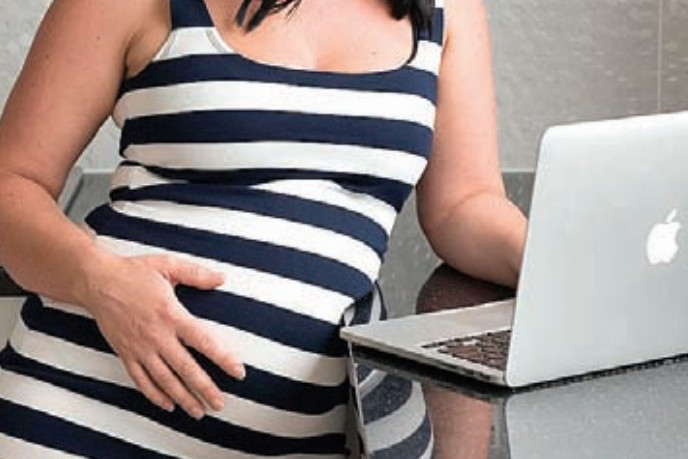News
17 July, 2024
Standing up for baby
A new Australian study by Mater Research has found that excessive sitting during pregnancy could adversely affect placental health, potentially impacting the baby.

The study observed that sitting for more than eight hours a day was linked to smaller and stiffer placentas, coupled with reduced blood flow resistance in the umbilical cord.
The placenta, crucial for passing oxygen, antibodies, and nutrients from the mother to the baby, may not function optimally under these conditions.
Physiology researcher Jade Kubler led the study, which included over 200 women who gave birth at Brisbane’s Mater Mothers’ Hospital Kubler highlighted that the observed associations were independent of other physical activities performed by the participants.
“These findings underscore the importance of limiting sedentary behaviour during pregnancy for placental health, which is vital for supporting the growing fetus,” said Ms Kubler.
She emphasised the need for pregnant women to take regular breaks and move around, especially towards the end of pregnancy when discomfort and fatigue are common.
The study, part of Mater Research’s Queensland Family Cohort Study, monitored participants throughout their pregnancy.
Published in the Journal of Science and Medicine in Sport, it investigated the impacts of different exercise volumes and sitting times on placental health.
Notably, there was no association between overall physical activity and placental health in the cohort.
First-time mother Suruthi Nathan, an eight-months-pregnant South Brisbane artist, tries to limit her sitting time.
Attending antenatal classes at Mater Mothers’ Hospital, she follows advice from medical professionals to stay active, incorporating movement and stretches into her daily routine to avoid stiff ness and promote placental health

